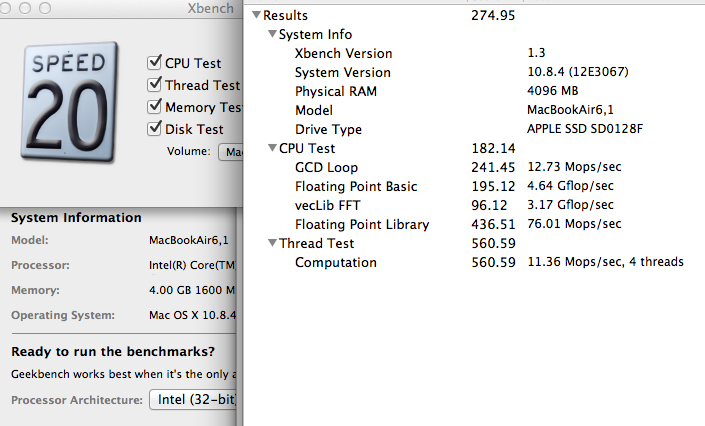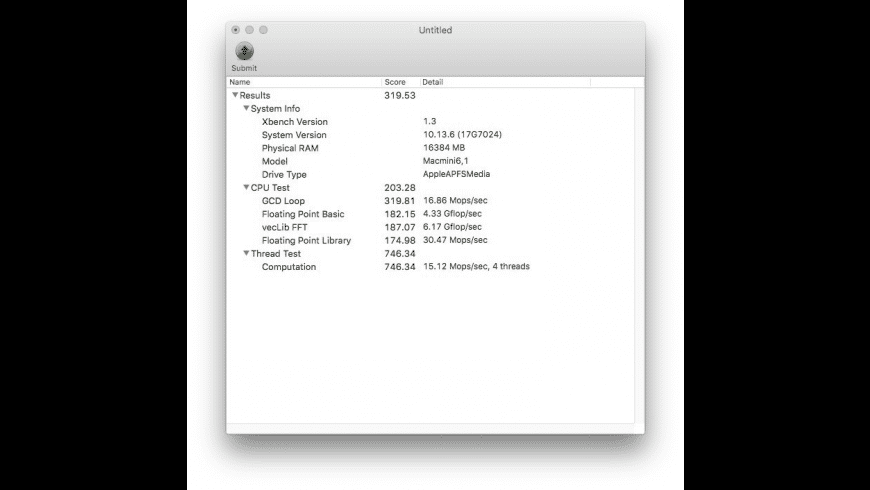

Obtaining Microsoft Glossaries
Xbench Mac Download Windows 10
Although Microsoft software glossaries in .csv format were previously publicly available from Microsoft FTP site, at the time of this publication, they are only available though a MSDN subscription available for a fee.
Each language has a separate .zip file that contains all the individual glossaries for the Microsoft products localized into that language. The size of each language file can range from 1 to more than 100 megabytes, which depends on the number of products that are localized by Microsoft into a particular language.
Obtaining Apple Glossaries

At the time of this publication, the Apple Mac OS X software glossaries are available from the following source if you have an Apple ID:
The glossaries for each language are in Macintosh Disk Image format (extension .dmg). In order to load the Mac OS glossaries into ApSIC Xbench, the .ad or *.lg files contained in these disk images must be extracted. To do so, you can use the UltraISO software (http://www.ezbsystems.com/ultraiso/index.html).
Mac Download Folder

Xbench Mac Download Mac

Xbench Mac Download Mac
Jun 28, 2011 Despite its age, xBench remains a popular choice among Mac enthusiasts, and is a good tool for all kinds of uses, including benchmarking the effects of enabling TRIM support on SSD drives. Verdict: A decent tool for what it does – lacks more sophisticated benchmarking tools, but xBench is still worth checking out if you're wondering how an. Xbench was developed by Spiny Software to provide a comprehensive benchmarking solution for Mac OS X. Xbench is useful not only for comparing the relative speeds of two different Macintoshes, but also for optimizing performance on a single machine.